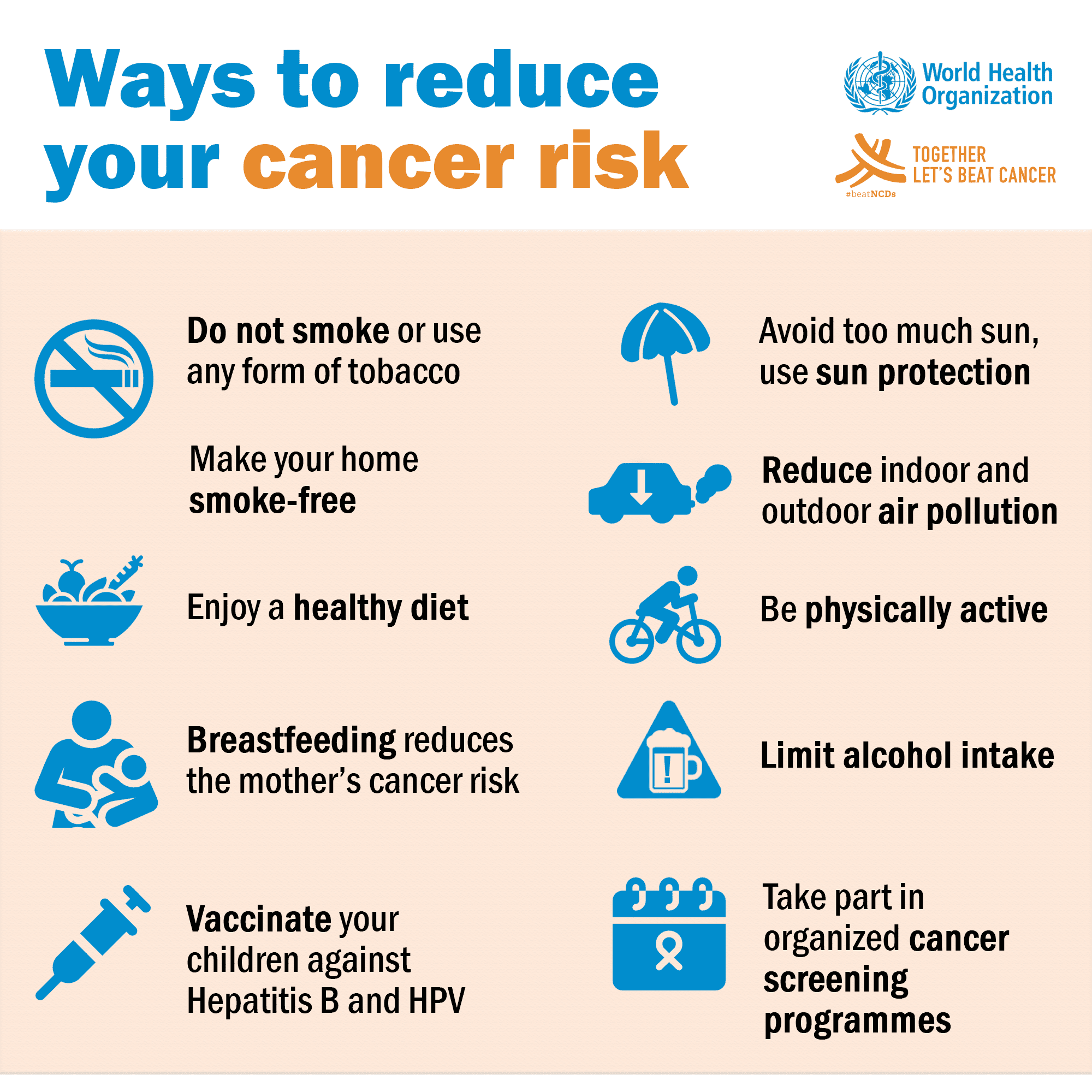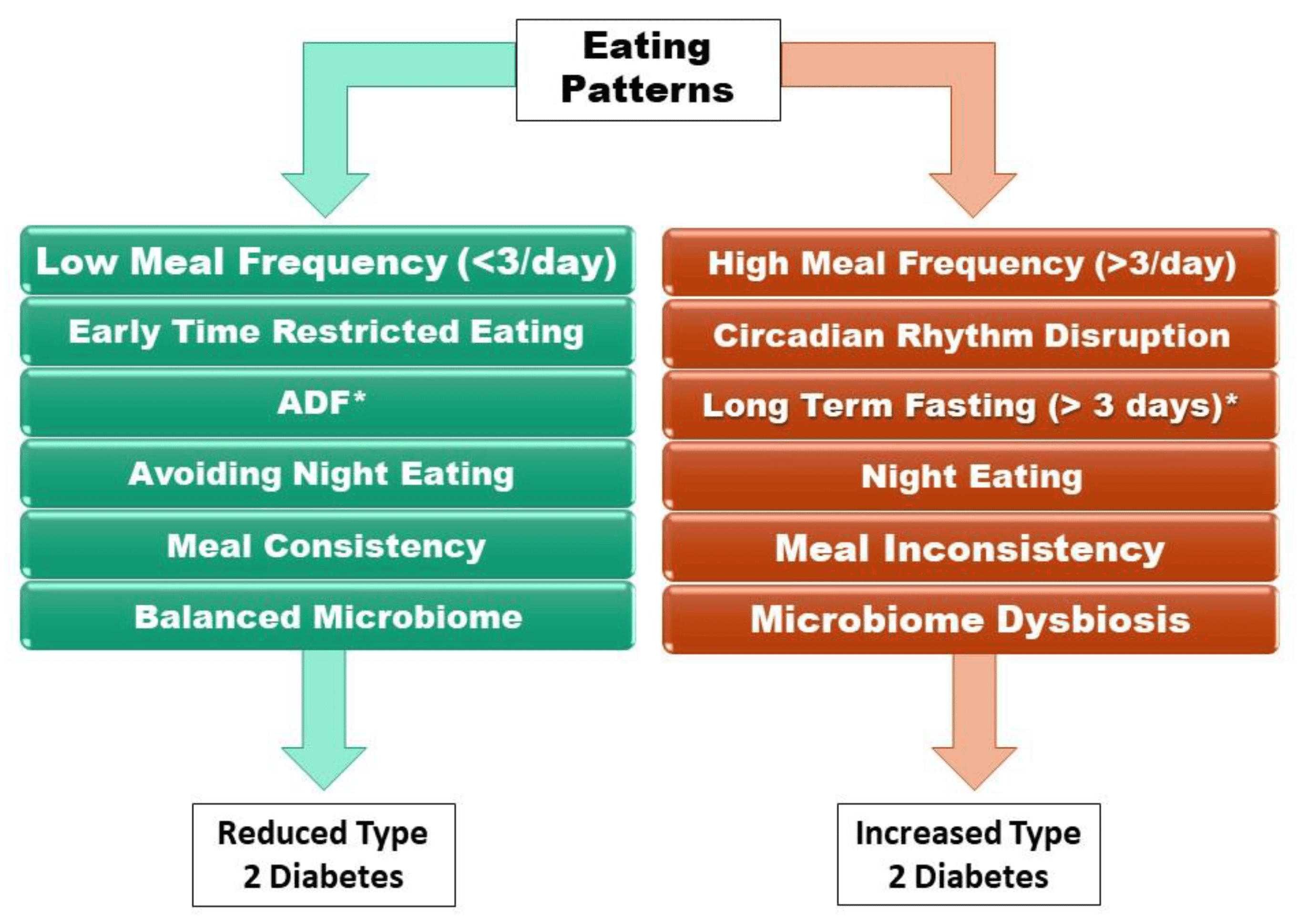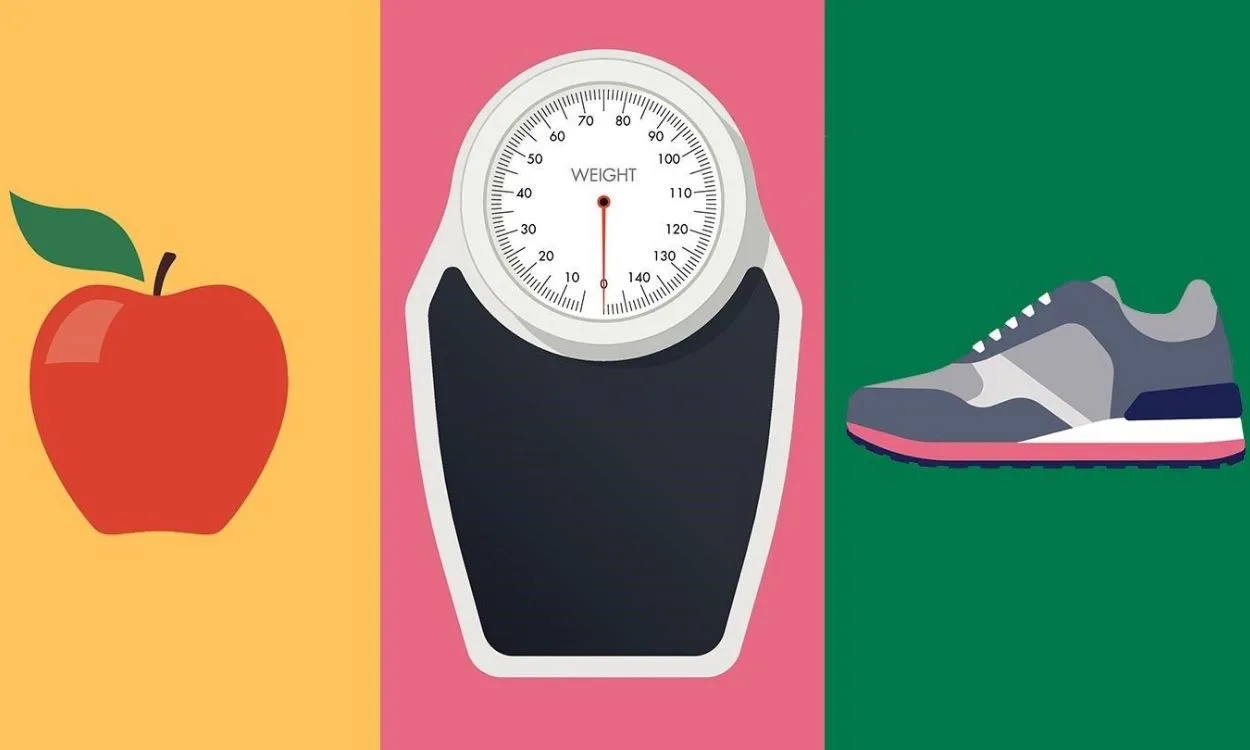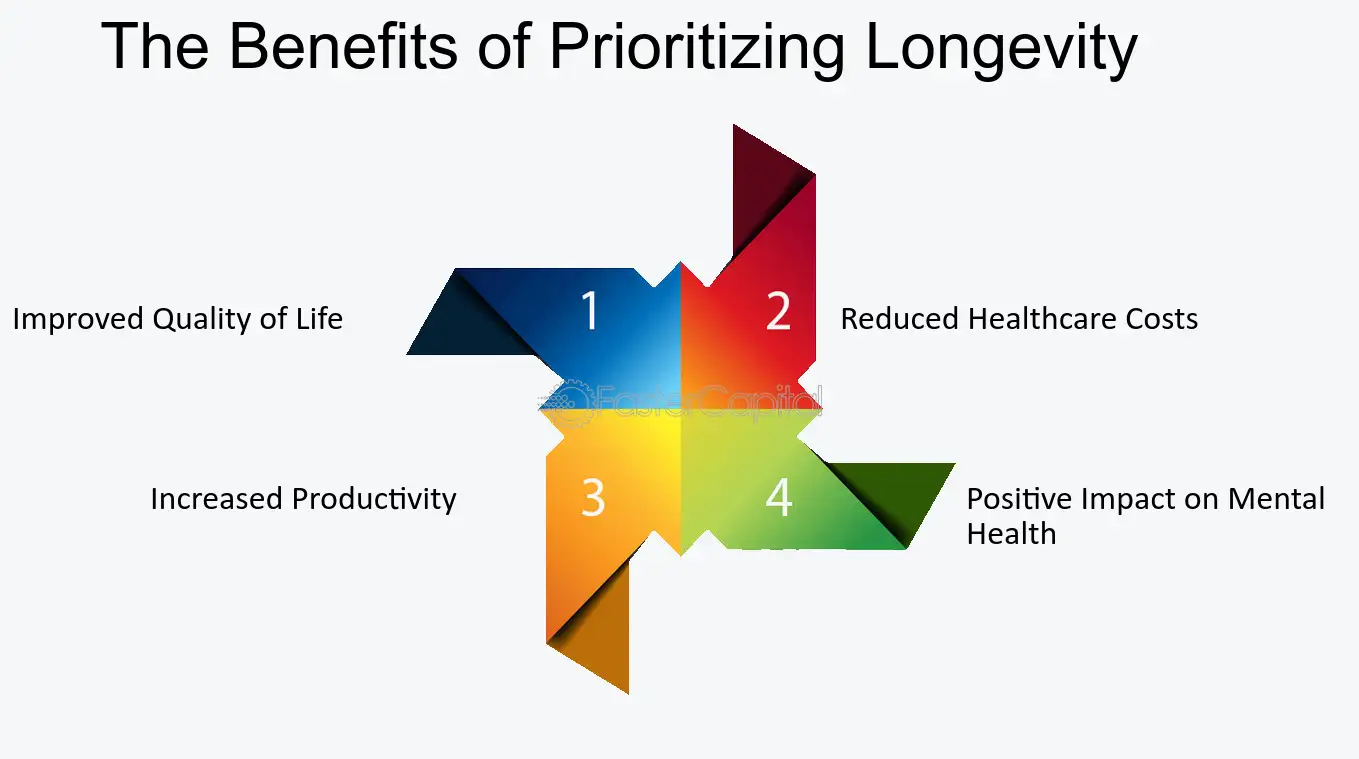The rise of veganism isn’t just a trend—it’s a lifestyle shift backed by compelling scientific evidence. Beyond its environmental and ethical appeal, adopting a vegan diet has been shown to deliver profound health benefits, from reducing the risk of chronic illnesses like heart disease and type 2 diabetes to improving digestion, weight management, and overall longevity. Packed with nutrient-dense foods like fruits, vegetables, legumes, nuts, and whole grains, plant-based diets offer a powerhouse of vitamins, minerals, antioxidants, and fiber that promote optimal well-being. In this article, we’ll explore the latest research on how going vegan can transform your health while addressing potential challenges to ensure balanced nutrition. Whether you’re considering the switch or simply curious about the science behind it all—read on to discover why a plant-based lifestyle might be the key to unlocking better health
In recent years, the popularity of veganism has skyrocketed as more and more people are becoming aware of the environmental and ethical impacts of consuming animal products. However, in addition to these factors, there is a growing body of research showing the significant health benefits of adopting a vegan diet. From reducing the risk of chronic diseases to promoting overall well-being, the scientific evidence supporting a plant-based diet is substantial and continues to grow. In this article, we will explore the latest findings on the health benefits of a vegan diet, backed by scientific research. We will dive into the various nutrients and compounds found in plant-based foods that contribute to these benefits, as well as the potential drawbacks and challenges of a vegan lifestyle. Whether you are considering going vegan or simply curious about the health impacts, this article aims to provide a comprehensive overview of what science says about the health benefits of a vegan diet.
Reduced risk of heart disease

Scientific research consistently highlights the significant impact of a vegan diet on reducing the risk of heart disease. A plant-based diet, rich in whole grains, fruits, vegetables, legumes, and nuts, has been shown to lower cholesterol levels, blood pressure, and body weight, all of which are major risk factors for cardiovascular diseases. Additionally, the absence of animal products in a vegan diet eliminates the intake of saturated and trans fats, known to contribute to the development of plaque in the arteries. Numerous studies have demonstrated that individuals who follow a vegan diet have a lower incidence of heart disease, emphasizing the potential of this dietary approach for promoting cardiovascular health.
Lower cholesterol and blood pressure
Multiple studies have provided compelling evidence regarding the positive effects of a vegan diet on lowering cholesterol levels and blood pressure. Plant-based diets tend to be naturally low in saturated fats and high in fiber, both of which play crucial roles in maintaining healthy cholesterol levels. Research has shown that individuals following a vegan diet experience a significant reduction in LDL cholesterol, commonly referred to as “bad” cholesterol, as well as an increase in HDL cholesterol, or “good” cholesterol. Moreover, the abundance of antioxidant-rich foods in a vegan diet, such as fruits and vegetables, has been linked to a decrease in blood pressure. These findings highlight the potential of a vegan diet as an effective strategy for improving cardiovascular health by reducing both cholesterol levels and blood pressure.
Protection against certain cancers

Scientific research has also unveiled a potential link between a vegan diet and a reduced risk of certain cancers. Studies have indicated that individuals who follow a vegan lifestyle may have a lower incidence of cancers, particularly those related to the digestive system, such as colorectal and stomach cancers. This association can be attributed to the high intake of plant-based foods, which are rich in phytochemicals, antioxidants, and fiber that possess anti-carcinogenic properties. Additionally, the exclusion of animal products from the diet eliminates the consumption of potentially harmful substances, including hormones and carcinogens, which are often found in processed meats. While further investigation is necessary, these early findings suggest that adopting a vegan diet may offer a protective effect against the development of certain cancers, reinforcing the potential health benefits of this dietary approach.
Improved digestion and gut health
Scientific research has also indicated that a vegan diet can contribute to improved digestion and gut health. Plant-based diets are typically high in fiber, which plays a crucial role in maintaining a healthy digestive system. Fiber acts as a prebiotic, providing nourishment for the beneficial bacteria residing in our gut. These bacteria help break down and ferment fiber, producing short-chain fatty acids that promote a healthy gut environment. Additionally, a vegan diet is typically low in saturated fats, which have been linked to digestive issues such as inflammation and impaired gut barrier function. By focusing on whole, plant-based foods, individuals following a vegan diet provide their bodies with essential nutrients and promote a favorable balance of gut bacteria, thus supporting optimal digestion and gut health.
Lower risk of type 2 diabetes

Emerging scientific evidence suggests that adopting a vegan diet may offer significant benefits in reducing the risk of developing type 2 diabetes. Several studies have shown that individuals following a vegan diet tend to have lower insulin resistance, improved glucose metabolism, and a reduced likelihood of developing insulin resistance-related conditions such as metabolic syndrome. The high intake of fiber, whole grains, fruits, and vegetables in a vegan diet may contribute to these effects. These plant-based foods are rich in antioxidants, phytochemicals, and micronutrients that have been associated with a reduced risk of insulin resistance and diabetes. Moreover, the absence of dietary cholesterol and saturated fats commonly found in animal products may further contribute to the protective effect of a vegan diet against type 2 diabetes. However, additional research is warranted to fully understand the mechanisms underlying these observations and to determine the long-term effects of adopting a vegan diet on diabetes prevention and management.
Improved blood sugar control
A vegan diet has also been shown to improve blood sugar control in individuals with existing diabetes. Studies have demonstrated that adhering to a vegan diet can lead to lower fasting blood glucose levels, improved glycemic control, and reduced insulin requirements in people with type 2 diabetes. The high fiber content of plant-based foods, such as legumes, whole grains, and vegetables, can slow down the absorption of glucose and help regulate blood sugar levels. Additionally, the low glycemic index of many vegan-friendly foods can prevent sharp spikes in blood sugar after meals. Incorporating a vegan diet as part of a comprehensive treatment plan may therefore offer a promising approach for individuals seeking better management of their blood sugar levels. However, further research is needed to explore the long-term effects and potential benefits of a vegan diet on blood sugar control in different populations.
Potential weight loss benefits

Numerous studies have suggested that adopting a vegan diet may contribute to weight loss and weight management. Plant-based diets tend to be low in calories and high in fiber, which can promote feelings of fullness and reduce overall calorie intake. Additionally, the emphasis on whole, unprocessed foods in a vegan diet helps eliminate many high-calorie and unhealthy options commonly found in traditional diets. Research has shown that individuals following a vegan diet tend to have lower body mass indexes (BMIs) and lower percentages of body fat compared to those consuming animal products. Furthermore, the high nutrient density of plant-based foods provides essential vitamins and minerals while maintaining a lower calorie intake, supporting sustainable weight loss and overall health. It is important to note that individual results may vary, and other factors such as physical activity levels and overall dietary habits also play a role in achieving and maintaining weight loss. Further research is needed to fully understand the specific mechanisms by which a vegan diet promotes weight loss and to identify any potential risks or limitations associated with long-term adherence to this dietary pattern.
Increased intake of nutrient-rich foods
Increasing intake of nutrient-rich foods is a key aspect of a vegan diet that contributes to its health benefits. Plant-based foods, such as fruits, vegetables, legumes, whole grains, nuts, and seeds, are packed with essential vitamins, minerals, antioxidants, and phytochemicals that support optimal health. These nutrient-rich foods provide a wide range of essential nutrients, including vitamins C, E, and A, potassium, magnesium, and folate, which are vital for maintaining proper bodily functions. Research has shown that individuals who consume a higher quantity and variety of nutrient-rich plant-based foods are more likely to meet their nutritional needs and experience improved overall health outcomes. By incorporating these foods into a vegan diet, individuals can ensure they are obtaining a diverse array of nutrients that promote vitality and well-being.
Reduced inflammation in the body
One significant health benefit of following a vegan diet is the potential to reduce inflammation in the body. Chronic inflammation has been linked to the development of various diseases, including cardiovascular disease, diabetes, and certain types of cancer. A vegan diet, rich in fruits, vegetables, whole grains, and plant-based proteins, provides a high amount of anti-inflammatory compounds, such as antioxidants and phytochemicals. These compounds help to neutralize harmful free radicals and reduce oxidative stress, which can contribute to inflammation. Additionally, the exclusion of animal products, which are often high in saturated fats and cholesterol, can further contribute to reducing inflammation. Studies have shown that individuals who adhere to a vegan diet exhibit lower levels of inflammatory markers in their blood, indicating a potential protective effect against chronic inflammation. By adopting a vegan diet, individuals may be able to mitigate inflammation and reduce their risk of associated diseases.
Improved overall health and longevity

Another notable health benefit of following a vegan diet is the potential for improved overall health and longevity. Scientific research suggests that individuals who adhere to a vegan lifestyle tend to have lower rates of chronic diseases such as heart disease, high blood pressure, and certain types of cancer. This can be attributed to the nutrient-rich nature of a vegan diet, which is typically high in fiber, vitamins, minerals, and antioxidants. These components play a crucial role in maintaining optimal health and supporting the body’s natural defense mechanisms against disease. Furthermore, the absence of animal products in a vegan diet eliminates the intake of potentially harmful substances such as saturated fats and cholesterol, which have been linked to various health issues. By prioritizing plant-based foods, individuals can provide their bodies with the necessary nutrients to thrive and potentially extend their lifespan.
In conclusion, the scientific evidence clearly shows that a vegan diet can have numerous health benefits, including reducing the risk of chronic diseases, promoting weight loss, and improving overall nutrition. While more research is needed to fully understand the long-term effects and potential drawbacks of a vegan diet, the current data supports its potential as a healthy lifestyle choice. With proper planning and a balanced approach, a vegan diet can provide all the necessary nutrients for a healthy and thriving body. As science continues to explore the benefits of plant-based diets, it is clear that incorporating more plant-based foods into our diets is a step towards a healthier future.
FAQ
What scientific evidence supports the claim that a vegan diet can improve overall health?
Scientific evidence suggests that a vegan diet can improve overall health due to its association with lower risks of chronic diseases. Studies have shown that a plant-based diet rich in fruits, vegetables, whole grains, and legumes can reduce the risk of conditions like heart disease, obesity, type 2 diabetes, and certain types of cancer. Vegan diets also tend to be lower in saturated fat and cholesterol while being higher in fiber, antioxidants, and other beneficial nutrients. However, individual health outcomes may vary, and it is important to ensure proper nutrient intake, especially for nutrients commonly found in animal products such as vitamin B12, iron, and omega-3 fatty acids.
Are there any potential drawbacks or risks associated with following a vegan diet?
Yes, there can be potential drawbacks or risks associated with following a vegan diet. Some individuals may struggle to meet their nutrient needs, particularly for vitamin B12, iron, calcium, and omega-3 fatty acids, which are commonly found in animal-based foods. Additionally, vegan diets may require careful planning and monitoring to ensure adequate protein intake. Vegans may also face social challenges and difficulty finding suitable food options when dining out. It is important for individuals following a vegan diet to educate themselves and seek guidance from healthcare professionals to ensure a balanced and nutritious diet.
How does a vegan diet impact weight management and can it be an effective strategy for weight loss?
A vegan diet can have a positive impact on weight management and can be an effective strategy for weight loss. This is because a vegan diet is typically low in calories and high in fiber, which can help promote a feeling of fullness and reduce overall calorie intake. Additionally, plant-based foods are generally lower in saturated fat and higher in nutrients, which can contribute to improved weight management. However, it is important to note that weight loss ultimately depends on overall calorie intake and individual eating habits, so it is important to focus on consuming a balanced and varied vegan diet for sustained weight loss.
Can a vegan diet provide all the necessary nutrients and vitamins for optimal health, including essential amino acids and vitamin B12?
Yes, a vegan diet can provide all the necessary nutrients and vitamins for optimal health, including essential amino acids and vitamin B12. However, it requires careful planning and attention to ensure adequate intake. Plant-based protein sources like legumes, tofu, and quinoa can provide essential amino acids, while fortified foods or supplements can supply vitamin B12. It is also important to eat a variety of fruits, vegetables, whole grains, nuts, and seeds to ensure a well-rounded nutrient intake. Consulting with a registered dietitian or nutritionist can help ensure a balanced vegan diet that meets all nutritional needs.
Are there any specific health conditions or diseases that a vegan diet has been shown to prevent or manage effectively?
Yes, a vegan diet has been shown to effectively prevent and manage various health conditions and diseases. Research suggests that a plant-based diet can lower the risk of heart disease, high blood pressure, type 2 diabetes, and certain types of cancer. Additionally, a vegan diet has been found to improve weight management, enhance digestion, and reduce the risk of developing kidney stones and gallstones. The high fiber content and nutrient-rich nature of plant-based foods contribute to these health benefits. However, it is important to note that individual results may vary, and a well-balanced vegan diet is necessary to ensure optimal nutrition.



